Immune Response
-

Immune defenses in asthma
Vanderbilt researchers show that a certain factor negatively impacts the first-line responder cells in the lungs, providing one explanation for why patients with asthma are at greater risk for invasive bacterial disease. Read MoreApr 5, 2016
-

Melanoma response to immune therapy
Melanoma-specific expression of a certain protein identifies tumors that are more responsive to an immune therapy. Read MoreMar 3, 2016
-
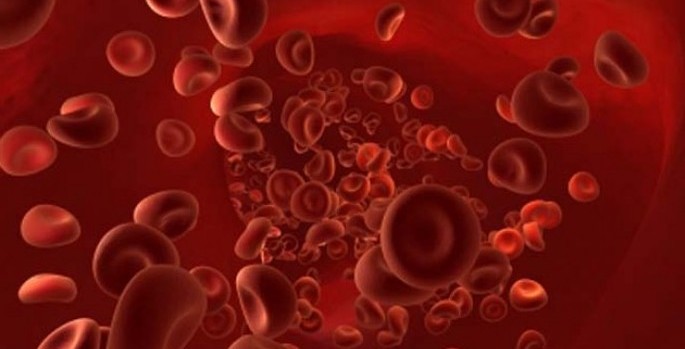
Immune tolerance in endothelial cells
Inducing “tolerance” to bacterial toxins in the endothelial cells that line blood vessels may offer a new approach for preventing the negative consequences of sepsis. Read MoreJan 7, 2016
-

Tolerating a transplant
A new genetic model has generated new strategies for promoting tolerance to transplants – and improving long-term transplant outcomes – in the background of autoimmune disease. Read MoreOct 1, 2015
-
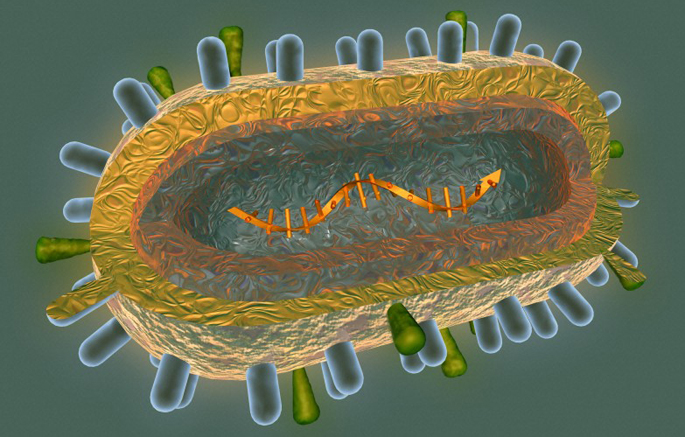
How to trick a wily virus
Vanderbilt investigators have discovered how human antibodies induced during testing of an experimental “bird flu” vaccine kill the virus. Read MoreJul 24, 2015
-
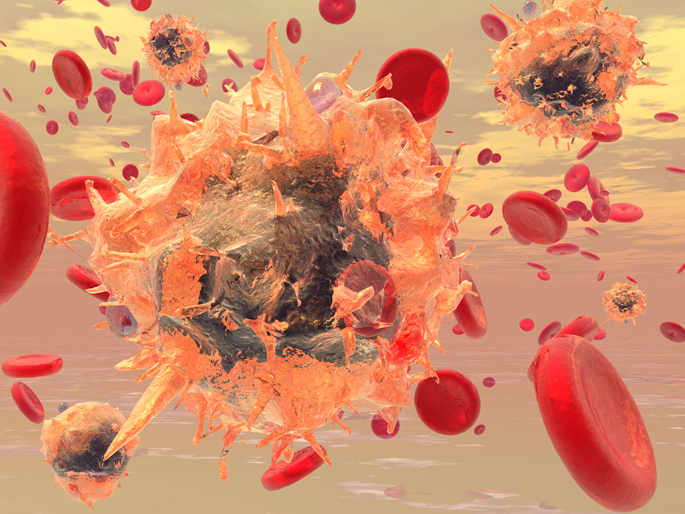
Immune response depends on force
New studies explain how T-cell receptors use force to recognize and protect us against pathogens. Read MoreJan 26, 2015
-
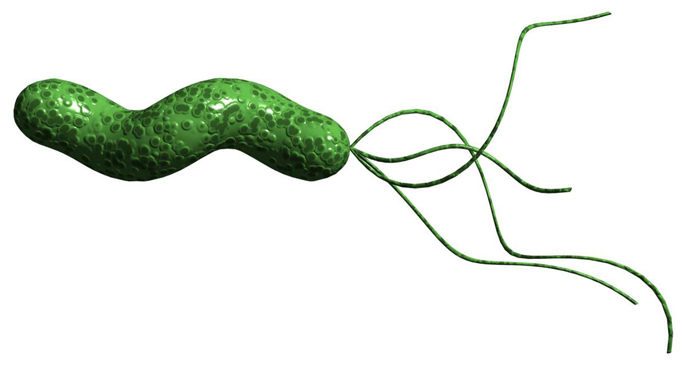
Host sequesters zinc to control stomach bug
Understanding how zinc and the host’s immune response control H. pylori’s cancer-causing potential could suggest new therapeutic strategies to reduce infection and cancer risk. Read MoreNov 21, 2014
-

Immune cell activity and melanoma
The activity of a certain factor in immune cells is essential for an anti-tumor response, emphasizing the need to consider the effects of anti-cancer therapies on immune cells. Read MoreNov 6, 2014
-

Peptide quells “genomic storm”
A cell-penetrating peptide developed at Vanderbilt blocks the signaling pathways that lead to lethal shock caused by bacterial infection. Read MoreOct 28, 2014
-

Immune cells’ role in hypertension
Vanderbilt researchers have discovered that certain immune cells contribute to the development of hypertension, suggesting novel targets for treating the disease. Read MoreOct 24, 2014
-

Aspirin and allergies
Drugs such as aspirin and indomethacin may increase sensitivity to airborne allergens by suppressing production of the signaling molecule PGI2, which in turn may offer a new treatment for allergies. Read MoreOct 10, 2014
-

Treatment Helps Frogs Fight Fungal Pathogen
Simple heat treatments may give the frog immune system a boost and help it fight off a deadly fungal pathogen, according to a new study published July 10 in the journal Nature. Read MoreSep 26, 2014
-
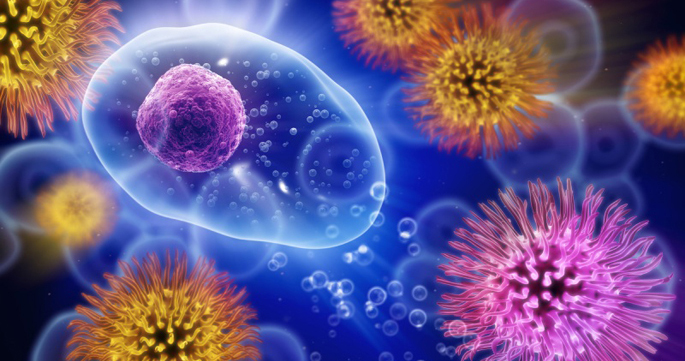
Natural killer cells don’t clear HMPV
Understanding how the immune system responds to the respiratory virus HMPV is crucial for developing vaccines and anti-viral treatments. Read MoreJul 23, 2014
-

Regulating immune regulators
Understanding how to control the generation of regulatory T cells could have important implications for treating autoimmunity and cancer. Read MoreJul 17, 2014
-

Study finds ‘hot’ frogs fight off fungal pathogen
Simple heat treatments may give the frog immune system a boost and help it fight off a deadly fungal pathogen, according to a new study published July 10 in the journal Nature. Read MoreJul 9, 2014
-
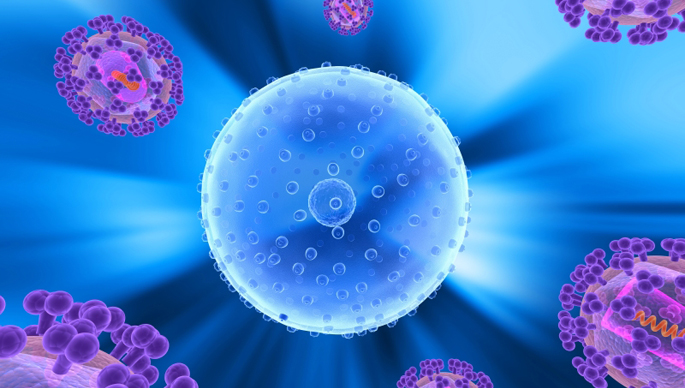
HIV’s impact on B cells
Understanding how HIV infection affects immune system B cells may guide strategies for vaccine development. Read MoreJan 15, 2014
-

Frog-killing fungus paralyzes amphibian immune response
A fungus that is killing frogs and other amphibians around the world releases a toxic factor that disables the amphibian immune response, Vanderbilt University investigators report Oct. 18 in the journal Science. Read MoreOct 17, 2013
-

Probing intestinal immune cell roles
A new in vitro system will allow investigators to explore how immune system T cells develop specialized functions. Read MoreAug 28, 2013
-
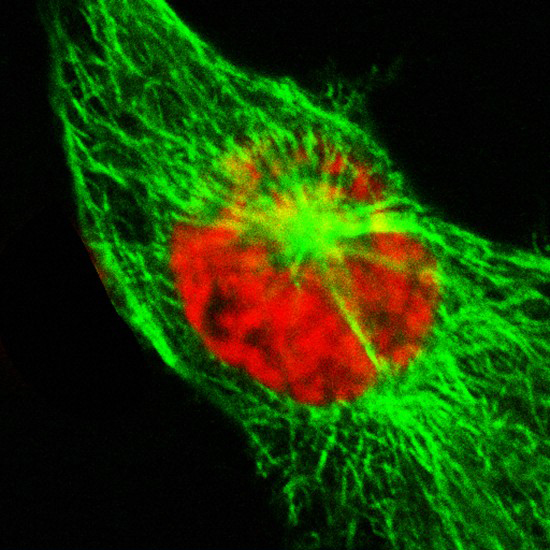
Nuclear shield against cell death
The protein SARM appears to protect cells from inflammation-driven death by stabilizing the nuclear laminin scaffold. Read MoreAug 8, 2013
-

Target for inflammatory bowel disease
The factor STAT6 appears to play a role in the pathogenesis of an inflammatory bowel disease, suggesting it may be a promising target for new treatments. Read MoreMar 1, 2013